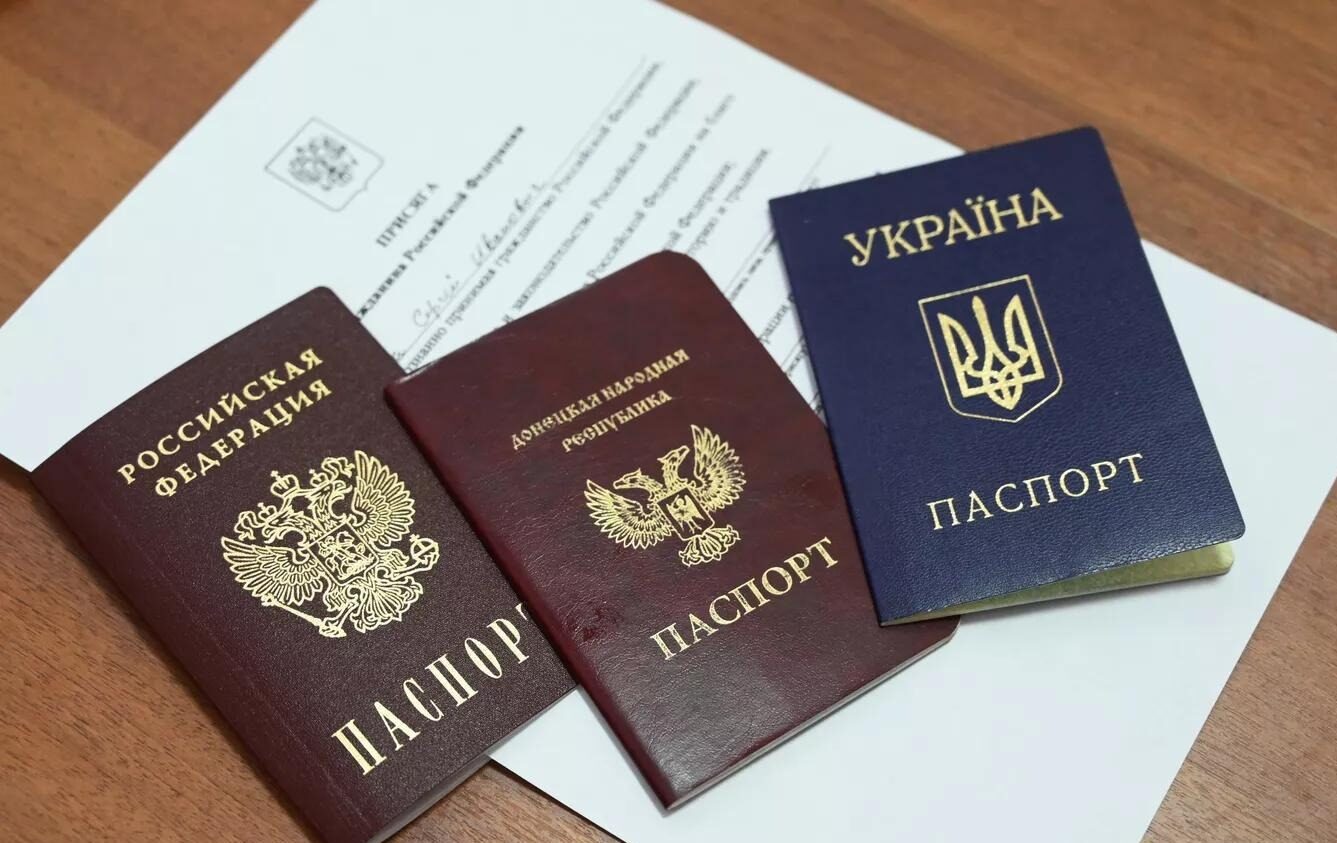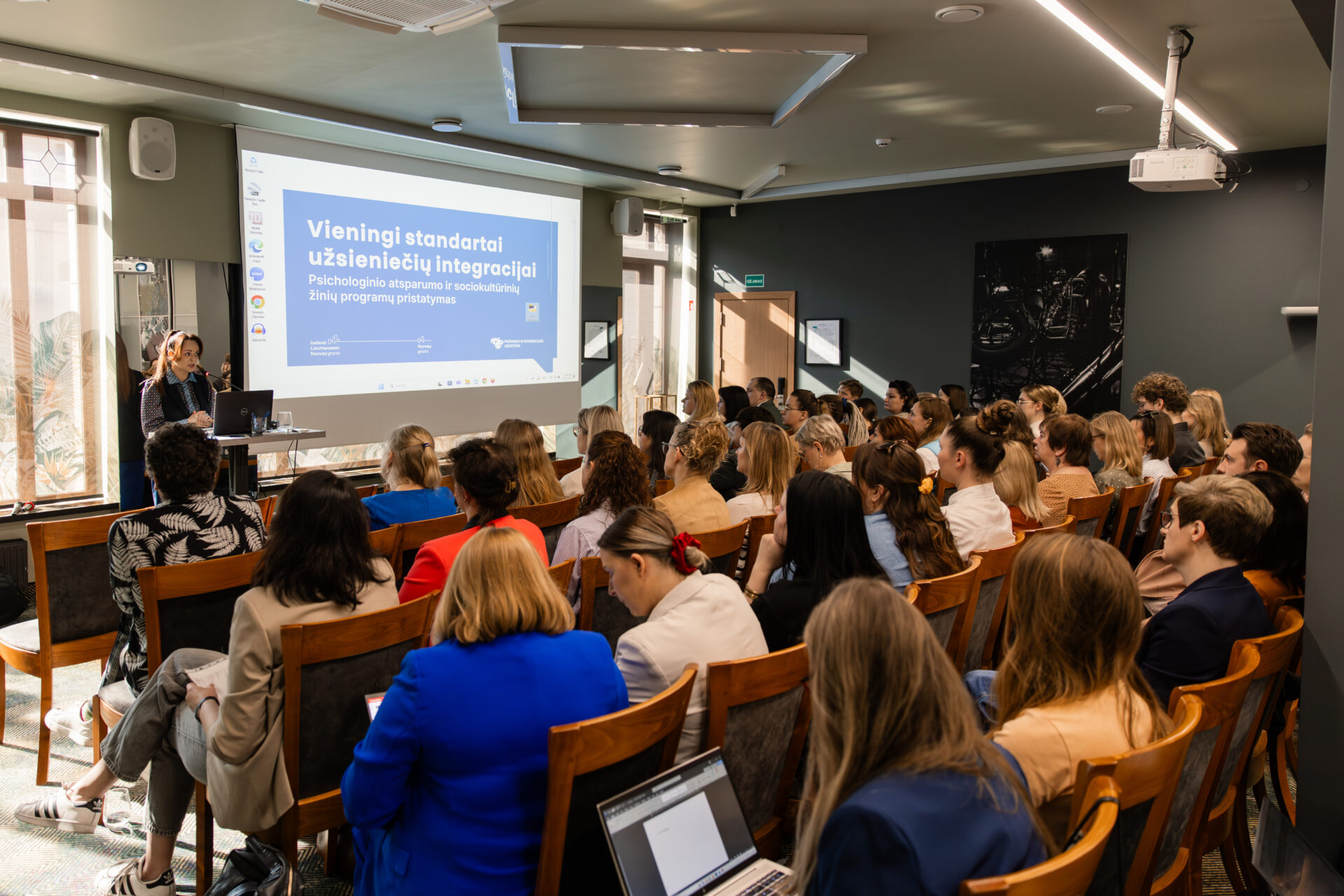
Lukashenka Utilizes All-Belarusian People’s Assembly to Secure Legacy and Prevent Belarusian Gorbachev
Lukashenka Utilizes All-Belarusian People’s Assembly to Secure Legacy and Prevent Belarusian Gorbachev
Executive Summary:
- On April 24 and 25, the seventh convocation of the All-Belarusian People’s Assembly (OBPA), the primary organ of state power in Belarus, assembled in Minsk.
- Lukashenka views the OBPA as a preemptive measure against the rise of a Gorbachev-like post-Lukashenka era and as a means to secure his legacy in the Belarusian government.
- Some opposition minded analysts suggest that the OBPA may prevent the liberalization of the economy, rapprochement with the West, and potentially prevent the complete surrender of Belarus to Moscow.
On April 24 and 25, the seventh convocation of the All-Belarusian People’s Assembly (OBPA) convened in Minsk, marking a significant event in the history of Belarusian governance (Belta, April 24). This assembly holds the esteemed status of the supreme authority of the people, a designation solidified by the revised Belarusian constitution in February 2022, which mandates its convening every five years. Prior assemblies lacked this official recognition and were often likened to gatherings reminiscent of Soviet-era Communist Party congresses.
This resemblance extends to the selection of OBPA delegates, totaling up to 1,200 persons divided into three groups. The first group comprises delegates from the political sphere that one might assume would be present, including the incumbent and former presidents (however, no “former” president is around today), parliamentary members, government officials, regional leaders, and Supreme Court members. The second group consists of 350 delegates appointed by local Soviets (in Belarus, local administrations still bear that name). The third group, with 400 representatives, hails from “civil society” entities such as Belaya Rus’ (pro-presidential political party), the Belarusian Union of Women, the Union of Belarusian Youth, trade unions, and veterans’ organizations.
The inaugural OBPA assembly in 1996 arose amid a presidential-parliamentary showdown, providing Lukashenka a means to consolidate power against an openly adversarial parliament. The Belarusian National Assembly was ready to impeach Lukashenka at a time when he was vastly more popular at the time than he is today (UDF, November 24, 2011; Inosmi, November 24, 2016). Today’s political landscape differs, however, as the handpicked parliament poses no threat to the incumbent, prompting inquiry into the necessity of elevating the OBPA’s status at this time. Yury Drakakhrust of Radio Liberty suggests Lukashenka views the OBPA as a preemptive measure against the rise of a Gorbachev-like figure in a post-Lukashenka era, concerned that he would be followed by “ineffectual leaders” overseeing Belarus’s “national decline and destruction” (Svaboda, April 2). Lukashenka’s recent speech underscored his apprehension regarding this possible transition precisely in such terms (Belta, January 26).
Initially speculated to be a step toward Lukashenka’s gradual departure, the OBPA’s significance shifted in recent years. This is due to escalating tensions with the West, owing to Minsk’s crackdown on election protests in 2020 and its decision to allow Russia to reinvade Ukraine in 2022 through Belarusian territory. Lukashenka’s decision to run for re-election in 2025 altered this trajectory. Since the plans have changed, however, the OBPA has assumed a new role. “In political science, there is a term ‘dormant institutions,’” writes Yury Drakakhrust. “Such were the Soviets in the Soviet Union for decades. But during perestroika, they woke up. The OBPA is also a dormant institution, which, however, is consciously [designed] to wake up post-Lukashenka,” with the authority to amend laws, impeach the president, and assume presidential duties temporarily (Svaboda, April 2). This constitutional safeguard—including reinstatement of two term limits for the presidency—is back in the Constitution after it was suspended in 2004 to allow Lukashenka to run for president multiple times. It reflects Lukashenka’s aim to preserve governance structures beyond his tenure.
Why similar functions could not be vested in the parliamentary upper chamber remains unclear. After all, much like the OBPA, its members are appointed. This author directed a corresponding question to Drakakhrust. In response, he argued that the OBPA’s novelty appeals to public sentiment, potentially rallying against a perceived Gorbachev-like successor. “With the sudden appearance of a new Gorbachev, ordinary people in the OBPA may become indignant and lay siege to a traitor of Lukashenka’s legacy. I do not think it will work that way,” opined Drakakhrust, “but Lukashenka may think differently. My explanation of the OBPA as a dormant institution is matched by the … makeup of its presidium. This is neither [the] Politburo, nor the pillars of the regime, but a bunch of mid-level officials and business executives. Which does not fit into either the transit-of-power scheme or the scheme of creating some kind of oprichnina,” i.e., the repressive machine modeled after that created by Ivan the Terrible in the 1500s (author interview, April 24).
According to yet another opposition-minded analyst, Alexander Klaskovsky, the OBPA may in the future not only prevent the liberalization of the economy and a new rapprochement with the West, but also nip in the bud an attempt by “Russkiy mir” (Russian world) sympathizers within Belarus to completely surrender the country to Moscow (Pozirk, April 24).
Lukashenka’s election as OBPA Chairman on April 24 reinforces its significance. In his address, he touched upon the OBPA’s functions, international relations, and security, as well as Belarus’s achievements since his first electoral victory in 1994. The second theme included familiar variations on the concept of attacking democracy promotion by way of color revolutions allegedly engineered by the West, but which have repeatedly failed to succeed in Belarus. “We have studied in detail how the Washington Obkom’s [a Soviet abbreviation for the Oblast (regional) Committee of the Communist Party] manual works,” declared Lukashenka. The allusion here is that Washington acts with the same ideological rigidity that such committees was known for. Lukashenka asserted that “The pattern of coups has not changed for decades. They did not even bother to adapt it to the national specifics of the country, to understand who we are, who they are, and where they decided to carry out the so-called color revolution” (President.gov.by, April 24).
In the first theme of his address, Lukashenka referred to the first OBPA congress back in 1996 that “rescued the country.” At the end of his address, responding to questions from the audience, he reiterated that this convocation of the same assembly will secure the country yet again: “We are the generation of outgoing politicians, myself included. And I really hope that when we are gone, you—the OBPA—will hold the country together” (President.gov.by, April 24).
More than anything else, the OBPA epitomizes Lukashenka’s legacy planning, aiming to secure both Belarus’s governing system as established under his regime and his legacy in the eventual post-Lukashenka era.


